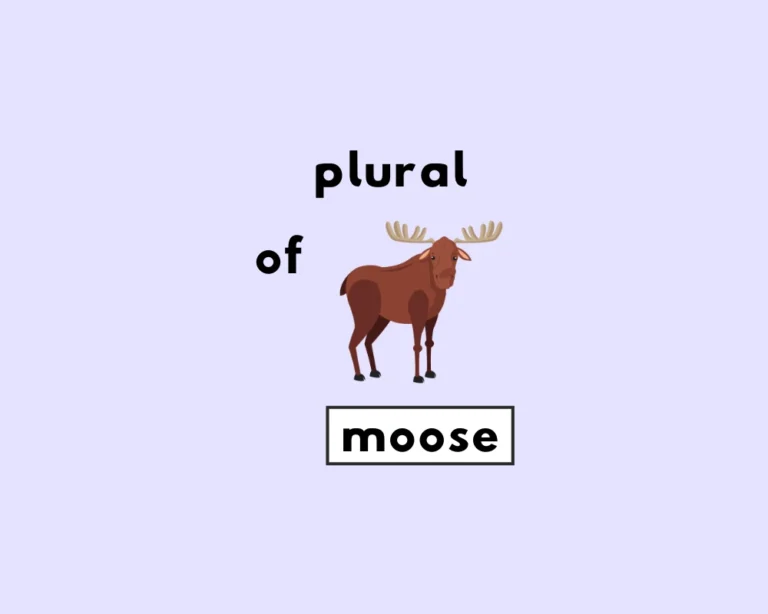
What’s the Plural of Moose?
Make no moose-take, the only correct plural of moose is moose, sans -s.
Explore the breadths and depths of Grammarflex’s knowledge base, containing resources and comprehensive guides on pretty much everything you could want to know related to English grammar and writing.
Learn all about the main parts of speech, which (in case you forgot) comprises of verbs, nouns, adjectives, pronouns, adverbs, conjunctions, prepositions and interjections. Beyond the fundamentals of English grammar, you’ll find guide on writing mechanics and style, literary devices amd more.


Make no moose-take, the only correct plural of moose is moose, sans -s.
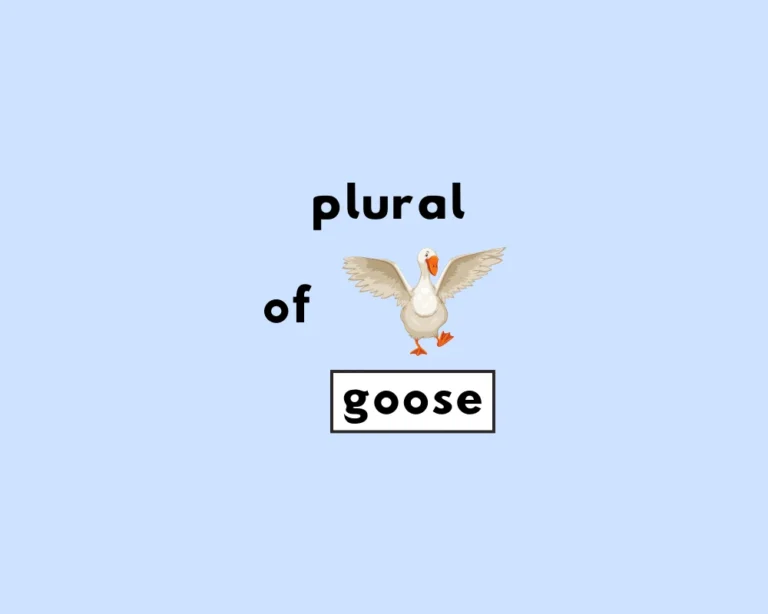
A gander at this lesson will teach you the plural of goose is geese (no pun intended).
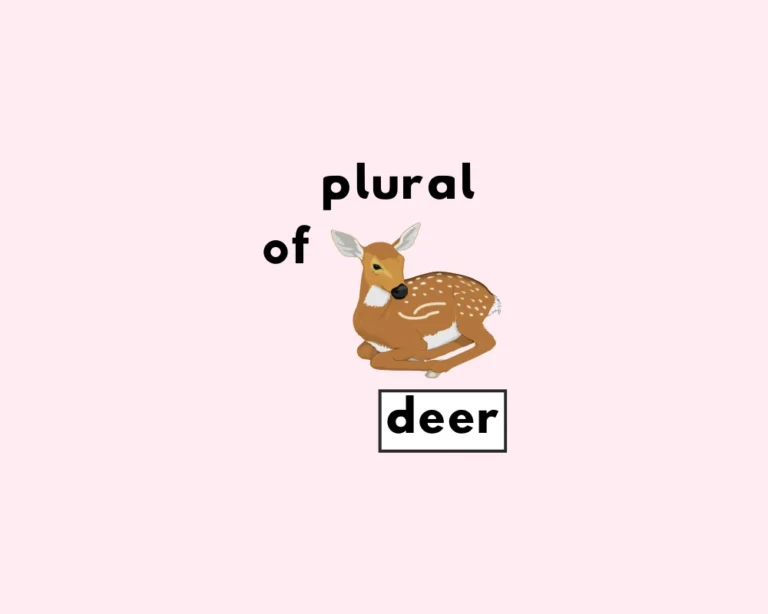
Make no moose-take, the plural of deer is deer, sans -s (sans is French for ‘without’).
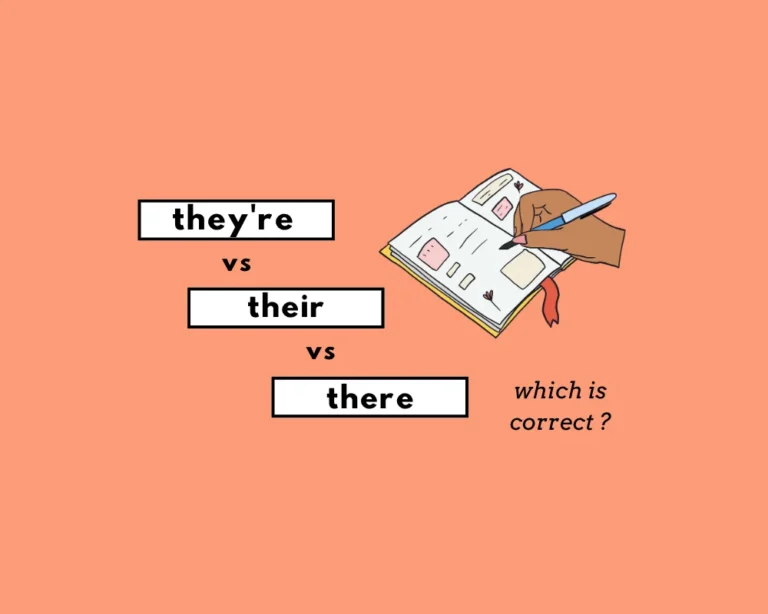
“There” means that place, “their” is possessive pronoun, and “they’re” is a contraction that combines they and are.

If you thought Latin was a language of the past—think again! Learn how to use e.g. in writing, understand its meaning, and a whole lot
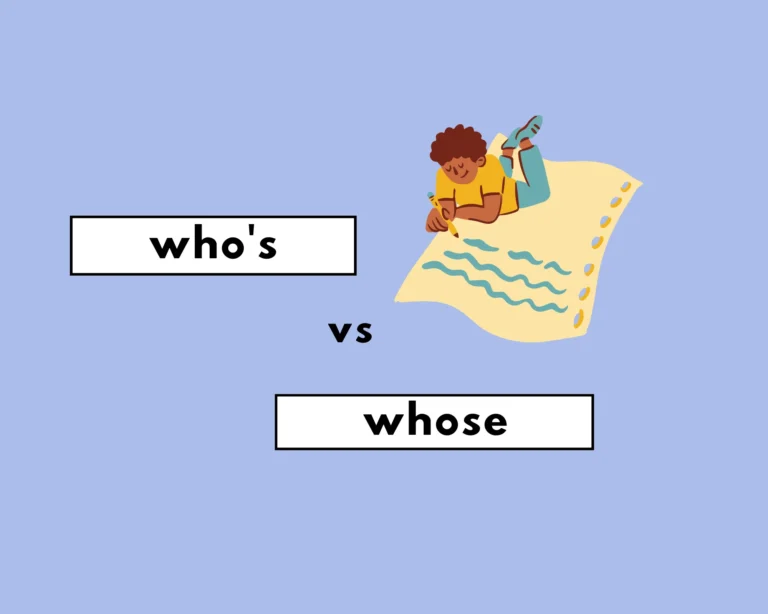
Who’s is a contraction that combines who and is. Whose is the possessive form of who.
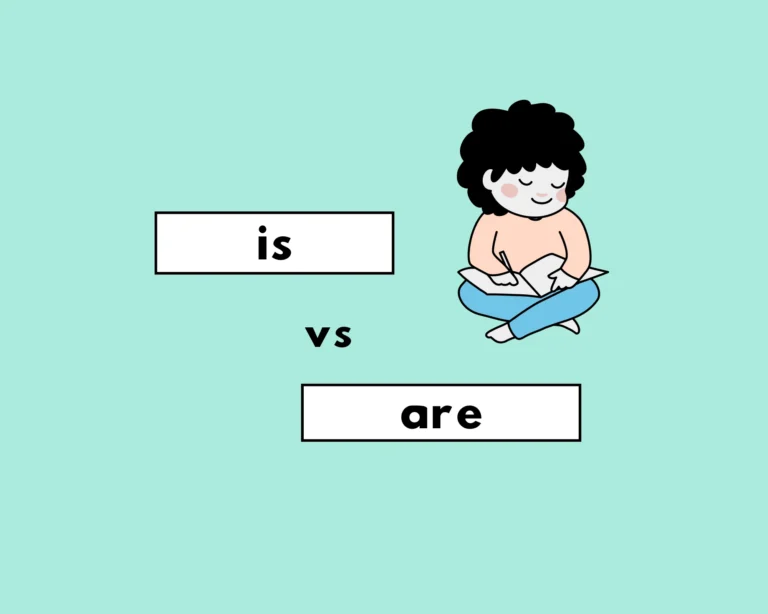
Use is when the noun is singular, and ‘are’ when the noun is plural. Remeber: the subject and the verb in a sentence must agree
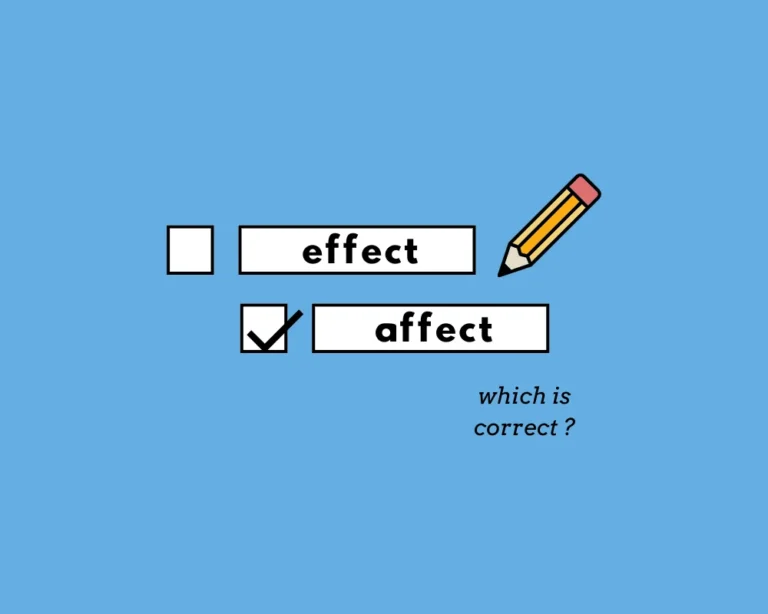
Affect vs. effect: what’s the difference? How do you use affect and effect? Here’s a pro (Grammarflex) tip to aide your memory—it’s as easy
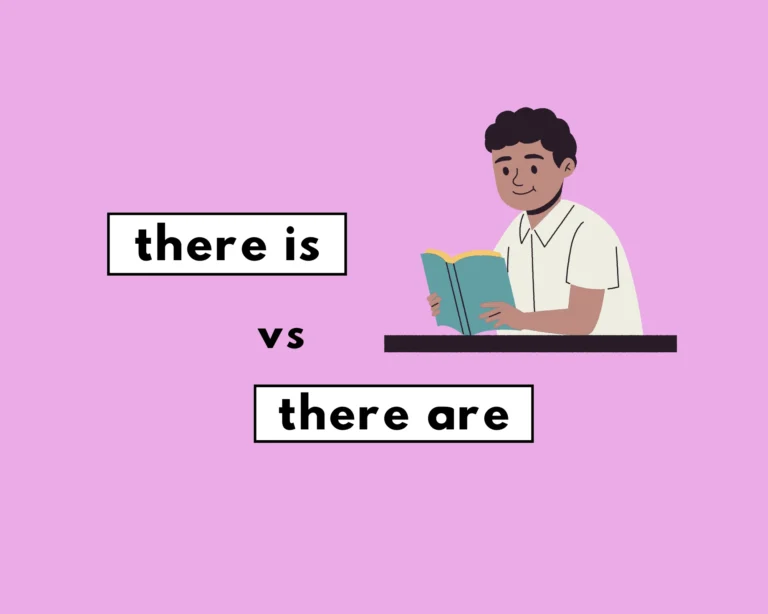
‘There is’ is singular, and ‘there are’ is plural. ‘There are’ vs ‘there is’ has to do with the subject and verb of a sentence